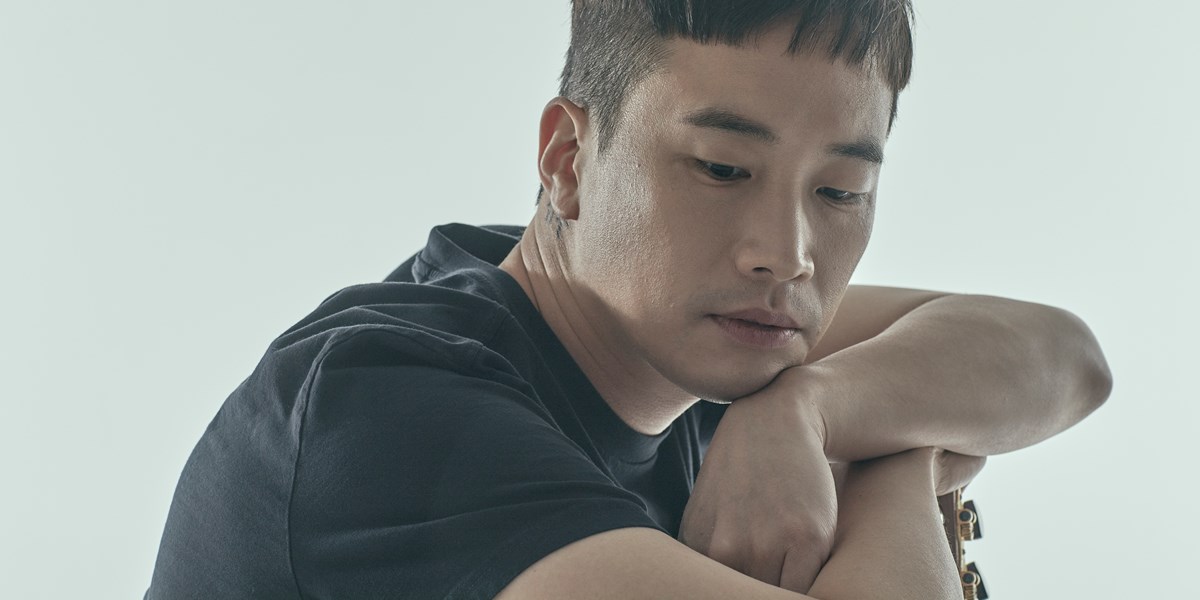Thursday, September 7, 2023
My World: Jung Jae-il
By Liam Izod
Ahead of an opening performance for this year's K-Music Festival in London, we speak to Jung Jae-il, the award-winning composer of the soundtracks to Parasite and Squid Game. “Listening was the greatest study,” he tells Liam Izod


Register now to continue reading

Thanks for visiting the Songlines website, your guide to an extraordinary world of music and culture. Sign up for a free account now to enjoy:
- Free access to 2 subscriber-only articles and album reviews every month
- Unlimited access to our news and awards pages
- Our regular email newsletters

